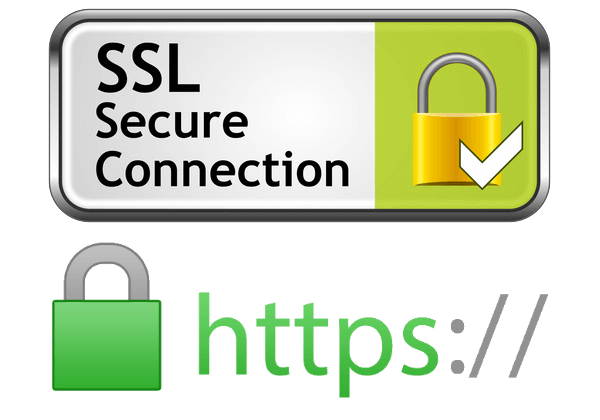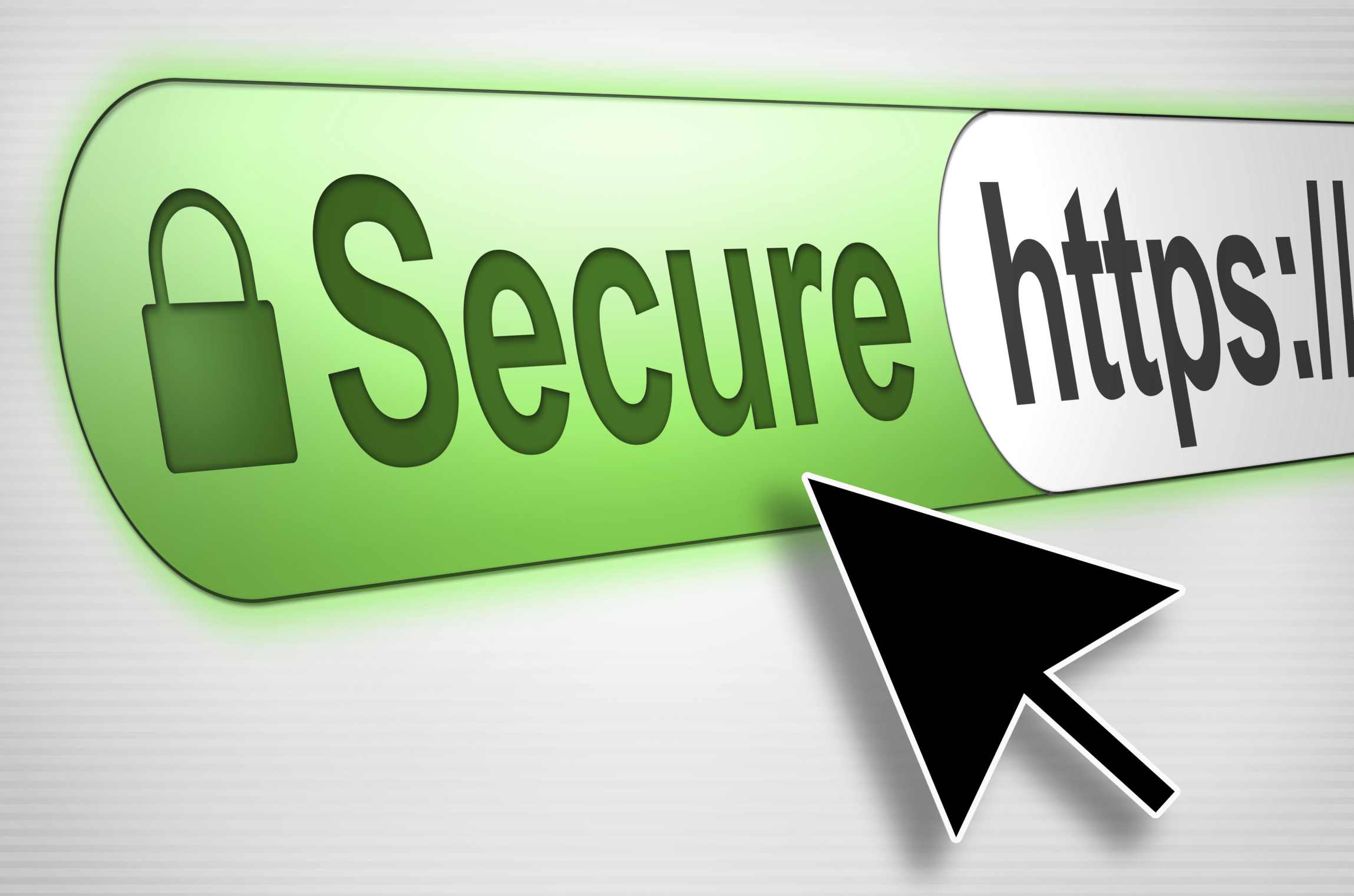SSL certificates are those that are able to move websites from HTTP to HTTPS, which is more secure. An SSL certificate is a data file hosted in the root server of a website. It makes SSL / TLS encryption possible, and they contain the website’s public key and website identity, along with related information. Devices attempting to communicate with the root server will refer to this file to obtain a public key and verify the identity of the server.

Private keys are kept secret and secure. SSL, commonly called TLS, is a protocol for encrypting Internet traffic and verifying server identity. Any website with an HTTPS web address uses SSL / TLS. What is SSL? And what is TLS? To learn more stick with this article and read everything or every single detail of SSL Certificate. It is very important for all who want to secure their website and also many Web Hosting providers are offering SSL Certificate totally free.
What is the information in SSL certificate?
There are some key features that SSL Certificate include to secure all the websites of users. The only motive to apply a it is an organization needs to install an SSL certificate on its web server to start a secure session with browsers. Once a secure connection is established, all web traffic between the web server and the web browser will be secured.
SSL certificates include:
- The domain name for which the certificate was issued
- To which person, organization or device was it issued
- Which certificate authority issued it
- Digital signature of certificate authority
- Associated Subdomains
- Certificate issue date
- Certificate end date
- Public key (private key is kept secret)
The public and private keys used for SSL are essentially long strings of characters used to encrypt and decrypt data. Data encrypted with a public key can only be decrypted with a private key, and vice versa.
Why Do Websites Need SSL Certificates?
The website requires an SSL certificate to protect user data, verify website ownership, prevent attackers from creating fake versions of the site, and gain user confidence.
- Encryption: SSL / TLS encryption is possible due to public-private key pairing that facilitates SSL certificates. Clients (such as web browsers) obtain the public key required to open a TLS connection from the server’s SSL certificate.
- Authentication: It also verify that a client is talking to the correct server that actually owns the domain. This helps prevent domain spoofing and other types of attacks.
- HTTPS: Most importantly for businesses, an SSL certificate is required for HTTPS web addresses. HTTPS is the secure form of HTTP, and HTTPS websites are websites with traffic encrypted by SSL / TLS.
In addition to securing user data in transit, HTTPS makes sites more reliable from a user point of view. Many users will not notice the difference between http: // and https: // web addresses, but most browsers tag HTTP sites as “not more secure”, attempting to provide incentives for HTTPS and switching. Has started doing. Increased security.
How does a website get SSL certificate?
For an SSL certificate to be valid, the domain must obtain it from the Certificate Authority (CA). A CA is an external organization, a trusted third party, which creates and provides it. The CA will also digitally sign the certificate with its private key, allowing client devices to verify it. Most, but not all, CAS will charge for issuing an SSL certificate. After the certificate is issued, it must be installed and activated on the root server of the website.
Web hosting services can usually handle this for website operators. Once it is activated on the root server, the website will be able to load HTTPS and all traffic and encrypt and secure traffic to and from the website. Now, many details about SSL Certificate are given above and all the people can easily get an it to secure their website. For further updates stay tuned with us and keep your identity up to date with all the important factors.
